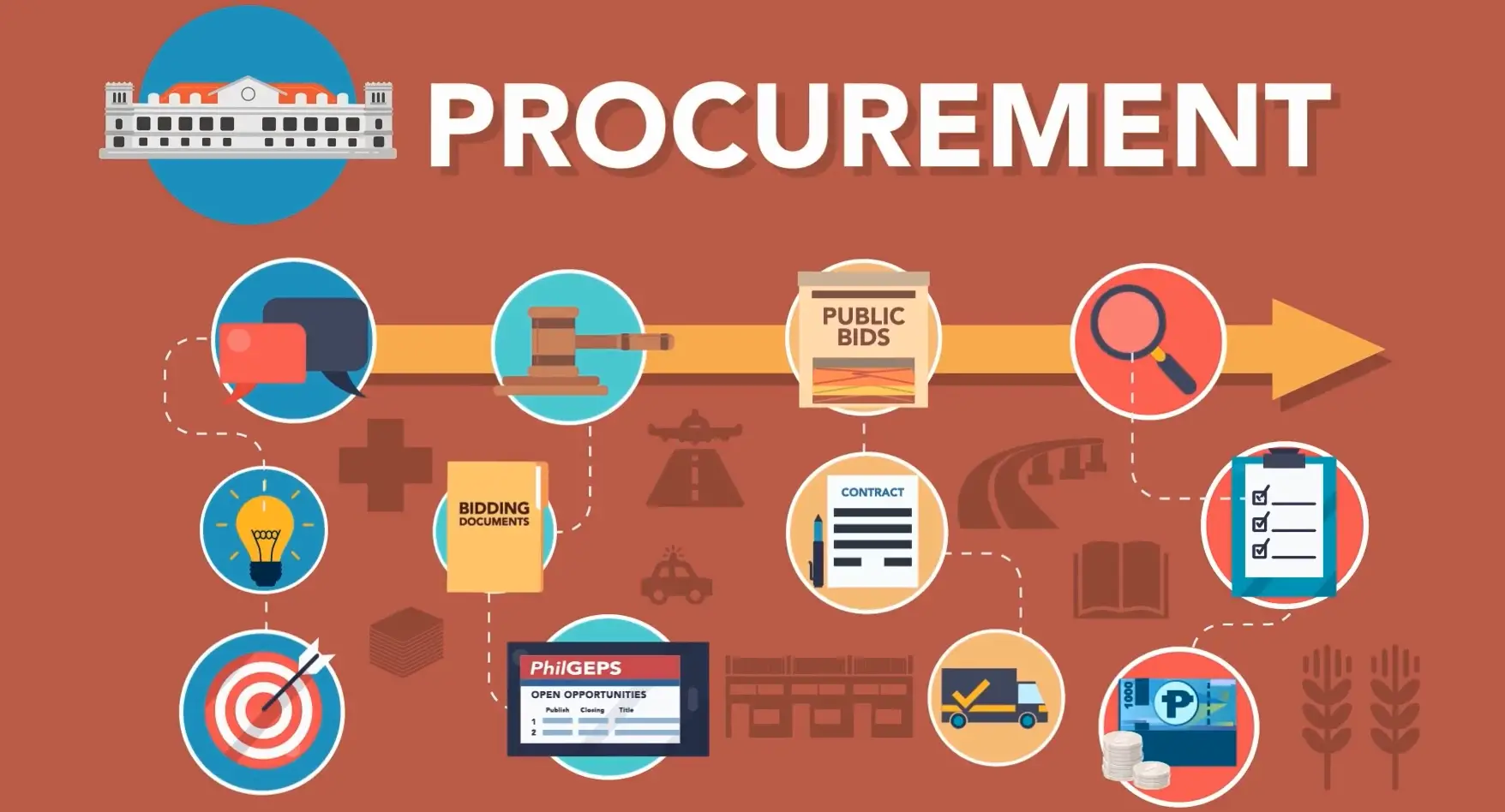The Department of Budget and Management (DBM) is one of the departments of the Philippines tasked to handle whatever the country has for its budget. More so, they strive to work and make whatever resources the countries have to be used for advantage.

Just recently, the department issued some guidelines on the procurement and the process of motor vehicle purchasing. What they noticed and put emphasis on is the fact that some bodies of the government prohibit the buying of extravagant and luxury cars.
Read: Child Safety in Motor Vehicles Law, Signed by President Duterte
Officer-in-charge of the Department Janet Abuel, issued the Budget Circular 2019-03 on May 16, 2019. This serves as the regulations and some rules of the Administrative Order (A.O.) No. 14 which was duly signed by our dear President Rodrigo Duterte last December 2018.
What is the AO No. 14?
As mentioned above, the Administrative Order Number 14 emphasizes the purchasing and utility of high-end and utility cars for government offices. This includes government-owned and controlled corporations (GOCCs), local government units (LGUs), government financial institutions (GFIs), and state universities and colleges (SUCs).
Who approved this circular?
This Department of Budget and Management Circular was actually some sort of a continuation of the Circular 2019-02 which was issued by Benjamin Diokno, Governor of the Bangko Sentral ng Pilipinas (BSP) and former Budget Secretary.
Diokno also made clear of what the provisions of the A.O. 14 was.
To add to the fact of this approved Budget circular, these provisions also jotted the engine displacements of vehicles they will be allowing for purchase; the circular had regulations on who will approve the request to buy allowed vehicles.
The DBM explains that there are exemptions such as vehicles that will be used for defense of the state or external safety.
Motor vehicles that are used exclusively for the internal and external safety or defense of the state and require highly specialized and customized specifications shall be exempted from the centralized procurement through the Procurement Service (P.S.).”
Read: I Won’t Allow 2 Plates on Motorcycles, Duterte
What exemptions are there?
The DBM added that the motor vehicles that will be utilized for foreign uses which will be more economical and practical will most likely be exempted from the centralized procurement through the PS. This is for the betterment of the budget for it to be used for more important matters.
Other vehicle types, however, are not restricted from engaging the expertise and the service of the Procurement Service in finding the requirements of the motor vehicle.
The new system will also ensure that the guidelines on the technical specifications of motor vehicles are up to date, and will prohibit the acquisition of luxury motor vehicles in all national government agencies, including GOCCs, GFIs, SUCs, as well as LGUs.”
According to the DBM, this AO was implemented to make sure that the acquiring of government motor vehicles will be accordingly and that will be of functional and financial stability, practicability, and affordability.
Read: Traffic Violations That Every Motorist Should Know
What does the AO 14 not cover?
Even if those are the exemptions, the following will also not be subject to the AO 14: vehicles that are donated to the government of the Philippines (by any agency or by governments abroad); President and Vice President security vehicle; vehicles gotten from existing official development assistance program funds; and vehicles used to visit foreign dignitaries.
The DBM further explained that the objective of this provision is in line with the goal of the government to be able to acquire the act of purchasing motor vehicles that are financially, technically, and legally.
A centralized procurement system is consistent with the government’s objective to adopt economies of scale in its operations by purchasing from legally, technically and financially capable sources in economic lot sizes, observing cost-efficient specifications and making prompt payments. Such a system will also economize the procurement of government vehicles by streamlining and rationalizing the approval process for requests in an efficient manner,” according to the DBM.”
What do you think of the plans of the DBM to control the motor vehicle purchasing which will be used by the government? Would this be effective and efficient in operations and in making sure that all resources are utilized appropriately?
